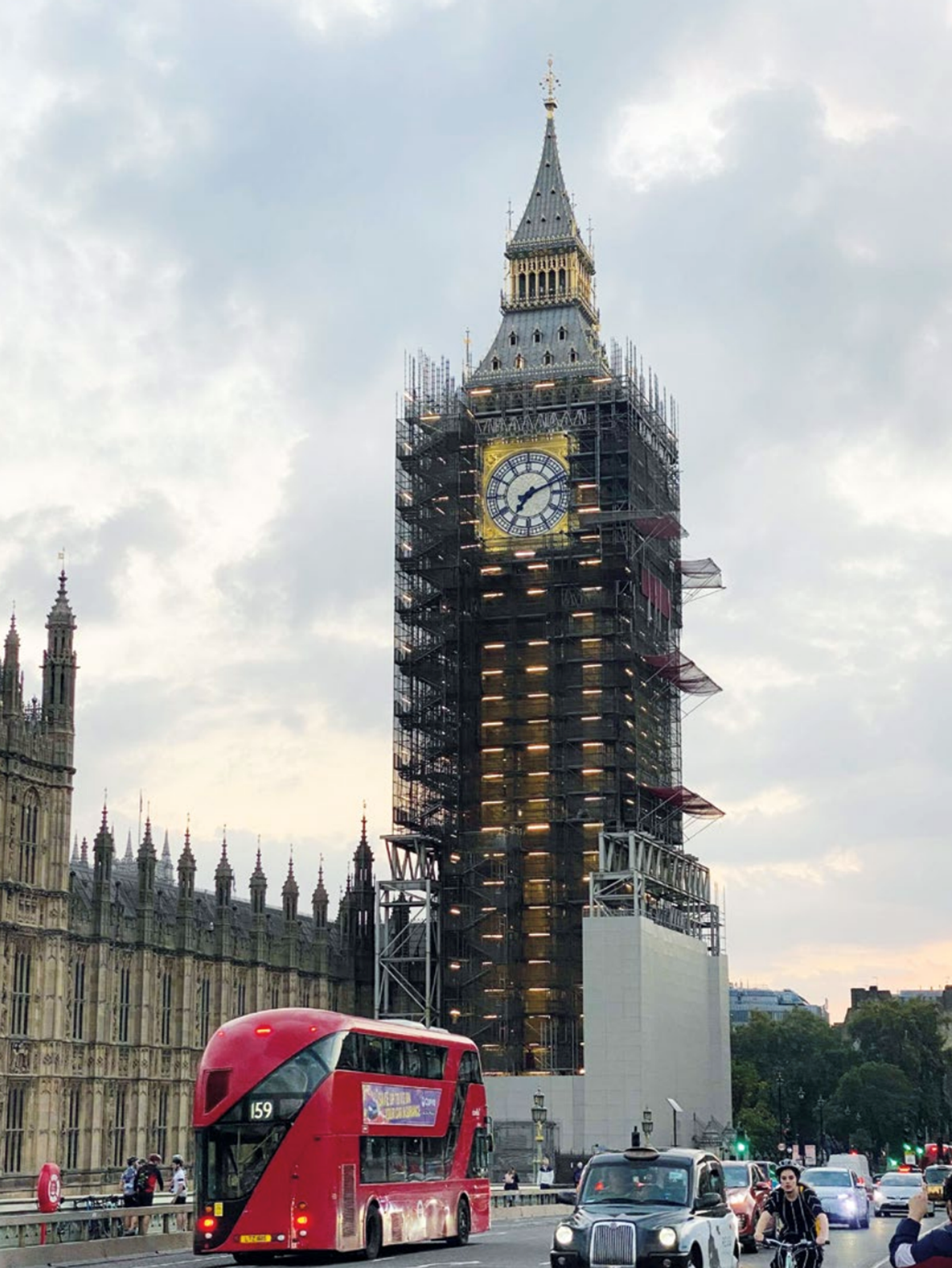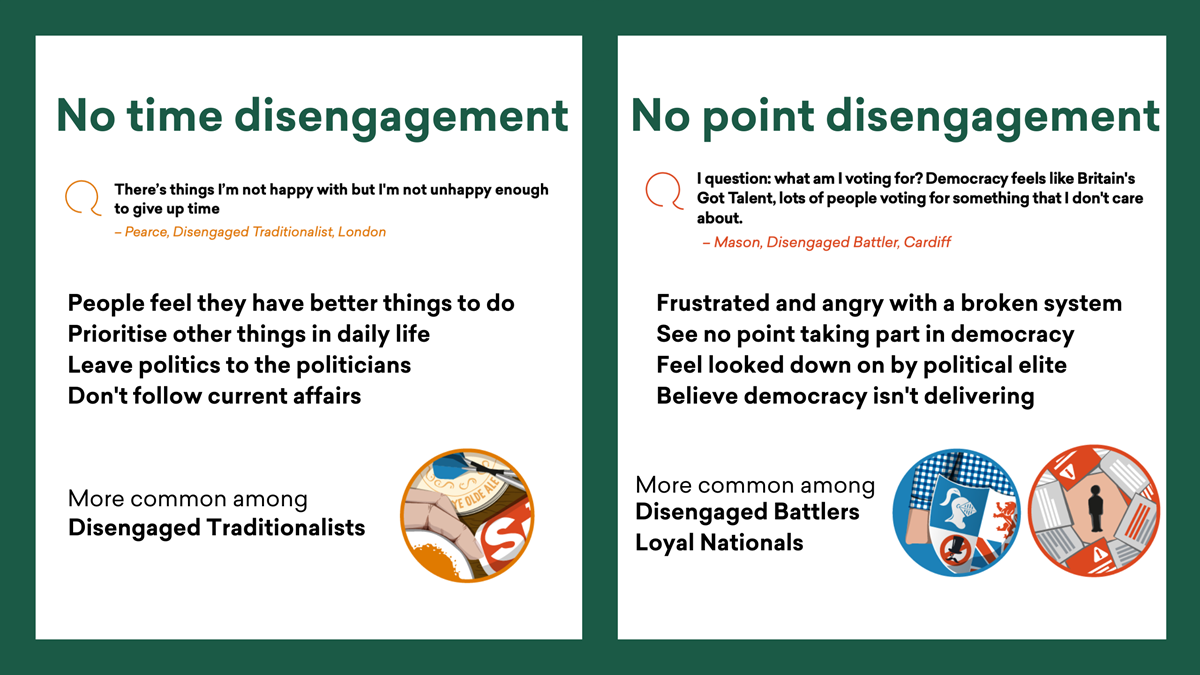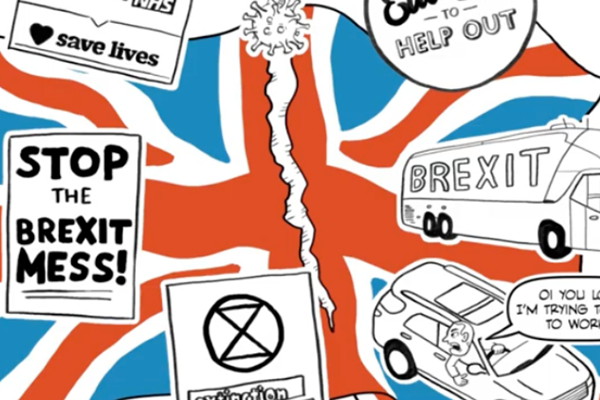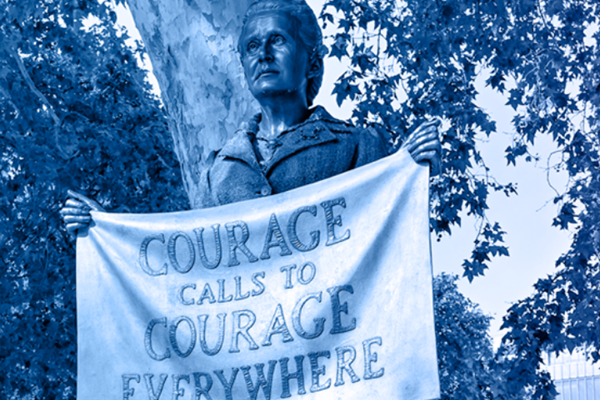What Britons want from their democracy.

Like the Palace of Westminster, which remains shrouded in scaffolding, Britain's democracy is in need of restoration and repair.
The past decade has been a turbulent time for British democracy. We've seen increased anger and vitriol in our political discourse, and a deep frustration and pervasive distrust in how our democracy works.
Increased disengagement, indifference, and resentment has made democracy more vulnerable to the forces of extremism and division.
But people the UK still have faith in the principles of democracy, even as they despair at how it fails to deliver.
‘Democratic Repair: What Britons expect from their democracy’ is based on polling and focus groups of our British Seven segments from across the country.
The overwhelming majority of people feel proud of our democracy and democratic values. But a clear majority are unhappy with how the system works. They feel that the ‘political elite’ don’t care about them: it’s one set of rules for them, and another set of rules for the rest of us.
People feel increasingly frustrated by a democratic system that isn’t delivering for them or helping to make their lives better, and they feel let down by politicians who fall short of their expectations. Dissatisfaction is deepest among the three most disengaged groups, who make up almost half the population: Loyal Nationals, Disengaged Traditionalists and Disengaged Battlers.
This distrust and disengagement is dangerous, because it leaves these groups more open to anti-democratic trends that have taken hold in other democracies: populists who break the rules, divide their societies into us-versus-them, and undermine the rule of law and fair treatment of minorities.
In this report, we’ve identified two main themes - ‘No time disengagement’ and ‘No point disengagement’.

An important message is that disengagement is not always a bad thing – some people would rather leave it to the politicians and policy makers they elect to solve problems on their behalf, others don’t have the time to engage in tackling society’s problems while balancing the other demands of their daily life.
In contrast, no point disengagement is driven by a feeling that our political system is rigged against ordinary people, that citizens can’t make a difference, and that the elite simply works in their own interest. This type of disengagement is far more malignant, posing a threat to people’s commitment to democracy itself.
That is why we argue that levels of engagement should not be taken as a proxy for satisfaction. Instead, we think that Britain’s democracy will be stronger and healthier if we focus more on ensuring that everyone feels they have a stake in the system, and that more people’s voices are heard in decision-making, rather than a sole focus on higher levels of engagement.
Drawing on the findings in this report, with its emphasis on those least engaged and satisfied, we identify nine recommendations for renewing democracy in the UK.
- Focus on satisfaction and trust, not higher engagement.
- To increase participation, meet disengaged and low trust Britons on their own terms
- Select political candidates who are more representative
- Belonging and place should be at the centre of efforts towards greater devolution
- Accountability in public life needs to be improved - substantively and visibly.
- Politicians, journalists, and campaigners should think twice before trashing political life
- Use schools as places to foster strong democratic commitment among young people
- Link democratic principles to Britons’ pride, values, and sense of identity
- In an era of increasing media fragmentation, more needs to be done to tackle disinformation and present a common view of the ‘facts’
Britain’s democracy is rightly a source of national pride, and it is not in crisis. But there are clear warning signs of decay and disrepair. With democracies facing growing pressures across the world, we should not wait for a crisis before taking action.
For press inquires and media requests please contact media@moreincommon.com

